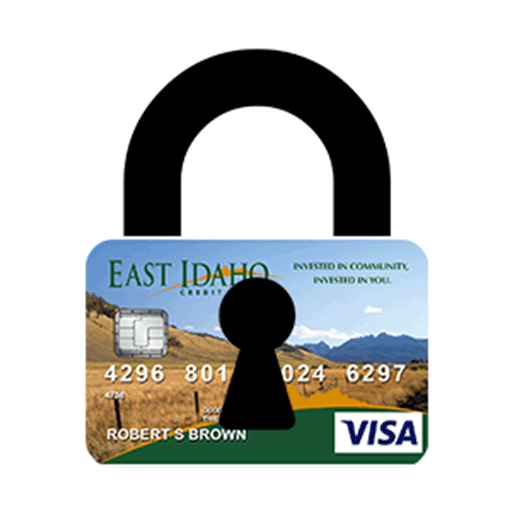Avoid Being a Victim of Fraud, We’ll Teach You How.
Online Scams & Identity Theft are becoming more and more of a problem in the digital world that we live in. Let East Idaho Credit Union help you with what is going on now as far as online scams, so you don’t fall victim to their techniques. A very common scam going around may look like this:

Someone calls/emails you and tells you that they work for Microsoft. They have important information that you weren’t aware of: Your Computer Has a Virus! They will request that you give them remote access to your PC and they will fix the problem for you, no questions asked. It sounds too good to be true right? IT IS! These scammers will then steal all of the valuable information that you have stored on your computer (banking information, passwords, etc).
It is important to know that this is nothing but an elaborate attempt to gain access to your computer and make off with the labors of your hard work. We take that seriously.
Another common scam is often seen on Craigslist:

You are selling something, or reach out to someone that you want to make an offer on their item for sale. To your surprise, they are more than willing to cooperate with whatever you want to do. To sweeten the deal, they even offer to have you send a check to them for the item, and they will return a portion of the funds to you. Because it seems like such a good deal, you go with it and send the check off. A few days pass, a week & so on… the mysterious person is nowhere to be found, and you never even receive the item that you paid for in the first place.
If someone seems like they are too willing to make a deal & get the funds sooner, you might want to reconsider your exchange.
If you are planning on opening an account, getting a loan or even taking advantage of helpful eServices, make sure you let East Idaho Credit Union help protect you.
As a reminder, East Idaho Credit Union does send fraud alerts via text messaging to your cell phone. However, we will never send you a text message asking for personal information.
Don’t become a victim, protect yourself. If you have questions, visit our Fraud Prevention Center or contact us directly.


